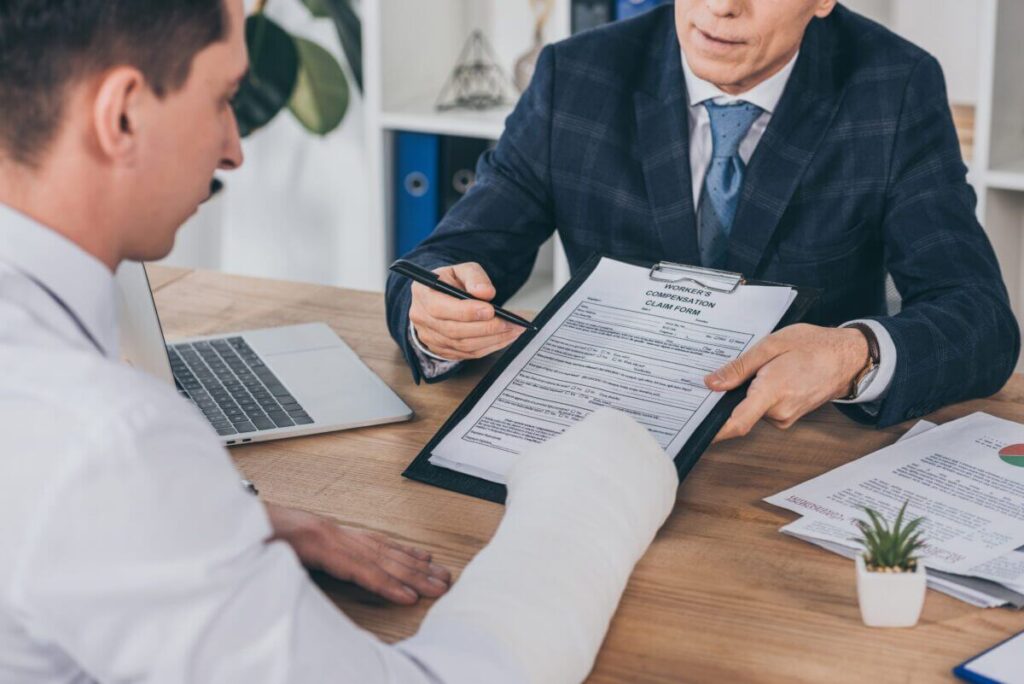How Tax Planning Supports Retirement Planning in Sydney
Introduction: The Sydney Financial Landscape
Retirement planning in Sydney requires more than just saving money. High living costs, property prices, and lifestyle expectations mean that making your retirement funds last is a priority. One often overlooked tool for achieving this is tax planning. Strategically managing taxes can significantly enhance superannuation, investments, and other income streams, ensuring a secure and comfortable retirement.
See more: Wills & Estates for Business Owners: Integrating Company Assets into Your Plan
Understanding Retirement Planning in Australia
Retirement planning in Australia combines superannuation, investments, property, Age Pension, and careful lifestyle planning. Effective strategies require considering both accumulation and drawdown phases while integrating tax planning to preserve wealth. For Sydney residents, where expenses are higher, optimising taxes can make a meaningful difference to retirement income.
How Tax Planning Enhances Superannuation
Superannuation is taxed differently at various stages, and strategic planning can increase your retirement balance:
- Concessional Contributions: Salary sacrificing pre-tax income reduces taxable income while boosting super.
- Non-Concessional Contributions: After-tax contributions can grow tax-free within super.
- Investment Choice and Earnings: Selecting appropriate investment options affects the tax rate on returns inside super.
- Withdrawal Strategy: Timing and method of withdrawals can reduce taxes during retirement.
Tax efficiency in super ensures more of your money is available for retirement, especially in Sydney’s high-cost environment.
Investment Tax Strategies for Retirement
Investments outside superannuation require careful planning to maximise after-tax returns:
- Capital Gains Management: Strategically realise gains to minimise tax liabilities.
- Dividend Imputation: Utilise franking credits to reduce tax on dividend income.
- Asset Allocation: Diversify across tax-effective assets like shares, bonds, and property.
- Income Timing: Schedule income distributions to reduce tax brackets’ impact.
These strategies help Sydney residents preserve wealth and create steady retirement income.
Age Pension Considerations
Tax planning also influences Age Pension eligibility:
- Asset and Income Tests: Managing super withdrawals and investment income can maintain or increase entitlements.
- Strategic Timing: Delaying certain withdrawals or adjusting income sources can optimise pension payments.
Properly integrated tax planning ensures maximum benefits from government support without unnecessary taxation.
Lifestyle and Risk Planning
Effective retirement planning also considers lifestyle and risk:
- Expense Estimation: Budget realistically for housing, healthcare, travel, and leisure.
- Insurance: Maintain health, income, and property protection to safeguard wealth.
- Emergency Fund: Keep liquid assets for unexpected expenses, reducing the need for high-tax withdrawals.
Sydney residents benefit from aligning lifestyle expectations with tax-efficient strategies to sustain retirement income.
Practical Tips for Different Life Stages
Early Career (20s–30s):
Start super contributions early, explore salary sacrifice options, and build tax-effective investment habits.
Mid-Career (40s–50s):
Maximise concessional contributions, review investments for tax efficiency, and integrate lifestyle planning.
Pre-Retirement (60s):
Plan withdrawals, manage capital gains, and coordinate with Age Pension strategies to reduce taxes and maintain steady income.
The Role of a Sydney Financial Adviser
A financial adviser provides tailored strategies to integrate tax planning with retirement objectives. They help manage super, investments, property, and income streams while ensuring compliance with Australian tax laws. For Sydney residents, an adviser can optimise wealth accumulation, reduce risks, and provide guidance to make retirement funds last.
Conclusion: Tax Planning as a Retirement Accelerator
Tax planning is a critical component of retirement planning for Sydney residents. By strategically managing superannuation, investments, and Age Pension entitlements, retirees can maximise after-tax income, safeguard wealth, and maintain a comfortable lifestyle. Combined with professional guidance and lifestyle planning, tax strategies ensure long-term financial security and peace of mind.
Frequently Asked Questions
1. How does tax planning improve superannuation in retirement?
By managing concessional and non-concessional contributions, investment earnings, and withdrawal timing, Sydney residents can reduce tax liabilities within super. This increases the amount of funds available during retirement, helping maintain lifestyle goals despite high living costs.
2. Can tax planning affect Age Pension eligibility?
Yes. Strategic planning of withdrawals from super and other income sources can influence asset and income tests, potentially maximising Age Pension entitlements while minimising taxes.
3. What investment strategies reduce tax in retirement?

Strategies include managing capital gains, using dividend franking credits, diversifying tax-effective assets, and timing income distributions. These approaches help Sydney residents preserve wealth and maintain sustainable income.
4. Should I consult a financial adviser for tax planning?
Absolutely. A Sydney-based financial adviser provides personalised strategies, ensures compliance with Australian tax laws, and integrates tax planning with superannuation, investments, and Age Pension strategies for a secure retirement.
5. How can late starters benefit from tax planning?
Late starters can accelerate wealth accumulation by making catch-up contributions, optimising investment allocations, and using tax-efficient withdrawal strategies to maximise after-tax income and reduce financial pressure in retirement.
6. Does lifestyle planning influence tax efficiency?
Yes. Planning for expenses like healthcare, housing, and travel allows retirees to time withdrawals and income sources effectively, reducing tax liabilities and ensuring funds last longer in retirement.
How Tax Planning Supports Retirement Planning in Sydney Read More »





